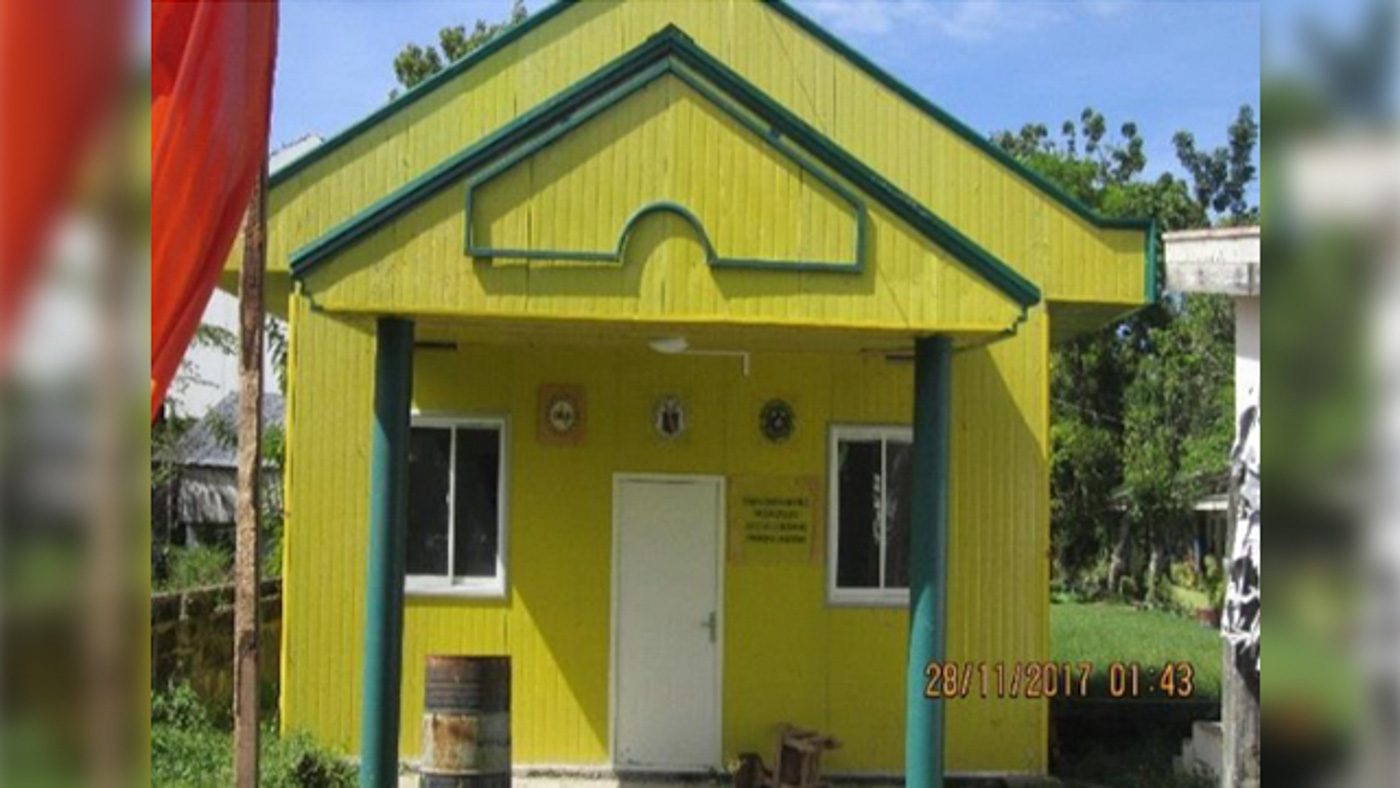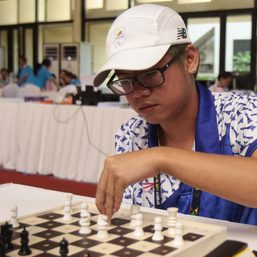SUMMARY
This is AI generated summarization, which may have errors. For context, always refer to the full article.

MANILA, Philippines – The Commission on Audit finds the bidding for the construction of the Department of Health’s (DOH) controversial multi-billion-peso Barangay Health Stations (BHS) project was not fully above board.
COA cited two reasons to doubt on the regularity and validity of the project’s bidding. These are:
- The BHS project did not qualify for the “short of award” or early procurement, as defined by the Government Procurement Policy Board (GPPB);
- DOH failed to comply with the requirements of the Investment Coordination Committee (ICC) memorandum on procurement for public facilities costing at least P1 billon.
What was supposed to be done: For projects to be considered “short of award,” GPPB requires that intended funds for it should be allocated in the General Appropriations Act (GAA).
While DOH’s Health Facility Development Bureau argued it requested for funds to be sourced from unprogrammed funds in the GAA, the BHS project was eventually sourced from the 2015 Miscellaneous Personnel Benefits Fund (MPBF). MPBF is the item in the budget allocating funds for unfilled positions in the executive branch of government. (READ: Senators hit ‘dangerous’ gov’t practice of not filling posts for savings)
“As per Memorandum of then Secretary [Janette] Garin, Item 6 ‘During the Cabinet meeting held on July 6, 2015, it was declared that the CY 2015 Unprogrammed Fund amounting to ₱10.6B will be used to address these gaps,’” DOH said in its reply to COA.
The DOH also said it “had no authority” to find out where funds for the project were sourced from.
“When the SARO [special allotment release order] was released, the source of fund was not indicated. The DOH was under no obligation to inquire as to the source, and in fact had no authority to question the decision or prerogative of the Office of the President and the DBM [Department of Budget and Management] in determining the source of funds.”
State auditors, however, said their findings stand based on policies of the GPPB.
More lapses: The COA also flagged the DOH’s failure to strictly comply with rules of the ICC on procurement.
The ICC memorandum on procurement states: “The proponent agency will report officially to the Office of the President the result of the official DPWH review for approval; such report shall also be provided to the ICC.”
The auditing agency said the DOH failed to do this after it submitted documents to the Department of Public Works and Highways (DPWH) for a review of its compliance with DBM’s “Guidelines Directing Agencies to Expedite the Implementation of their Procurement Activities.”
DOH told COA its failure to submit documents “was merely a procedural lapse which will not affect the purpose of the said ICC Memorandum on procurement.” But COA again maintained “the non-submission of the result of the DPWH review on the ICC documents for approval of the Office of the President is considered as non-compliance.”
COA recommended that the DOH file appropriate legal action against individuals who failed to comply with the the Government Procurement Reform Act. It also said DOH should submit all supporting documents as evidence it complied with rules of the GPPB, ICC, and DBM on early procurement.
Additional oversights: State auditors also pointed out several issues which lead to the non-completion of the BHS project worth some P8.1 billion. These include:
- Inadequate planning and coordination with the the Department of Education and local government units in identifying project sites;
- Inadequate documentation and monitoring of the BHS project;
- Unclear contract terms for the basis of payment with private contractor JBros Construction Corporation
The poorly crafted contract had a domino effect as this caused a majority of BHS units to remain either unconstructed, idle, not turned over to LGUs, or not completed on time.
COA also said this resulted in the duplication of BHS units in the same barangay while some units had incomplete accessories, equipment, or uninstalled toilets.
State auditors recommended the DOH investigate the “inefficient” completion of the contract and consider recovering cash advances from the contractor. It also suggested the health department improve planning and coordination for projects and ensure contracts were “clear and concrete” to leave no room for misinterpretation.
COA also said the DOH should thoroughly assess whether or not there is a need to continue the project and return funds to the Bureau of Treasury. (READ: Barangay health stations project ‘good’ but fate hinges on COA – Duque)
Context: The BHS project, implemented under then Health Secretary Janette Garin, aimed to establish 5,700 rural health units to ensure barangays would have access to primary health care. Public elementary schools were to be identified as sites for the health stations.
Health Secretary Duque said the program’s intentions were “good,” but repeatedly hit it for its “poor planning.” He created a task force to dig deeper into the BHS project due to “high level of suspicion” from reports on alleged anomalies. – Rappler.com
Add a comment
How does this make you feel?





There are no comments yet. Add your comment to start the conversation.